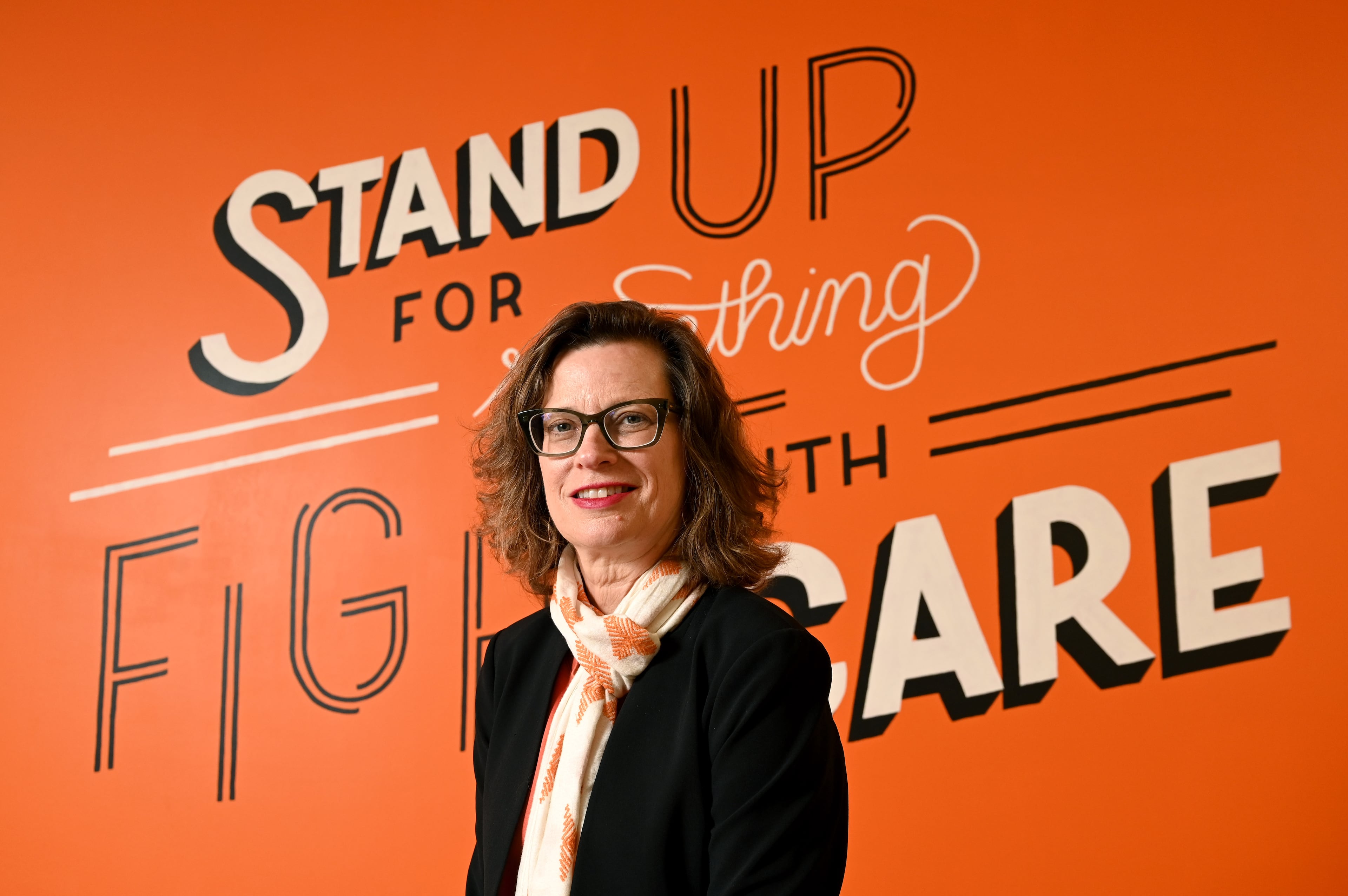Confirmed and presumptive cases of virus in Georgia increase to 17
The number of Georgians infected by the disease caused by coronavirus is quickly rising, with six confirmed diagnoses now and at least another 11 that are "presumptive positive," according to the Department of Public Health.
The cases of COVID-19 are mostly centered in metro Atlanta, with patients in Cherokee, Cobb, DeKalb, Fayette, Fulton and Gwinnett counties. Two other cases were reported in Floyd and Polk counties.
At a press conference Monday, Gov. Brian Kemp urged the public to take precautions. “If you’re sick, do not go to work. Do not attend large events. You will put others at risk,” said Kemp, who said he wasn’t ready yet to call for the cancellation of large gatherings.
» COMPLETE COVERAGE: Coronavirus in Georgia
The governor also said school officials should contact state authorities before canceling classes.
After consulting with state officials, Fulton County announced Monday it will close all its schools and offices Tuesday because a teacher was determined to be infected with coronavirus.
State Superintendent Richard Woods said such a move is not yet recommended for any other school district.
While researchers are still learning about the new coronavirus, most people sickened by it are experiencing only mild symptoms. In fact, children and young adults generally experience little to no symptoms.
But older adults and those with a chronic medical condition — like diabetes, heart disease, lung disease or cancer — are more likely to experience severe symptoms and complications, including pneumonia.

Dr. William Schaffner, a Vanderbilt University infectious diseases expert, recommends caution for those older than 60. And, for those with underlying health condition, “doubly so,” he said.
Now, he said, is a good time to avoid crowded malls or watch TV instead of going to the movies.
“I know you can’t become a hermit,” he said. “But there are things you can do to more thoughtfully do to reduce non-essential contact with groups of people.”

The CDC also recommends that at-risk members of the public avoid crowds and prepare to spend more time at home. Also, the agency is advising that you:
• stock up on supplies, including necessary medication and food.
• take everyday precautions to keep space between yourself and others.
• keep away from others who are sick, limit close contact and wash your hands often.
• avoid crowds as much as possible.
• stay home as much as possible.

At Monday’s press conference, officials said a passenger who traveled from South Korea to Atlanta on Sunday was hospitalized after airport officials noticed potential symptoms of COVID-19. The unidentified passenger was screened for the disease, but tests came back negative Monday.
Meanwhile, in a directive issued Monday, Insurance and Fire Safety Commissioner John King said health insurers should waive their policyholders’ cost-sharing charges for testing for COVID-19.
King also said insurers should also boost their preparedness, keep customers informed about their benefits and share how they are responding to the state directive. He called the spread of the disease an “urgent public health challenge.”
“The department asks health insurers to waive any cost-sharing for COVID-19 laboratory tests so that cost-sharing does not serve as a barrier to access to this important testing,” King wrote in his three-page directive. “Laboratory tests are an essential health benefit and, as such, must be covered under individual and small group comprehensive health insurance policies and contracts.”




